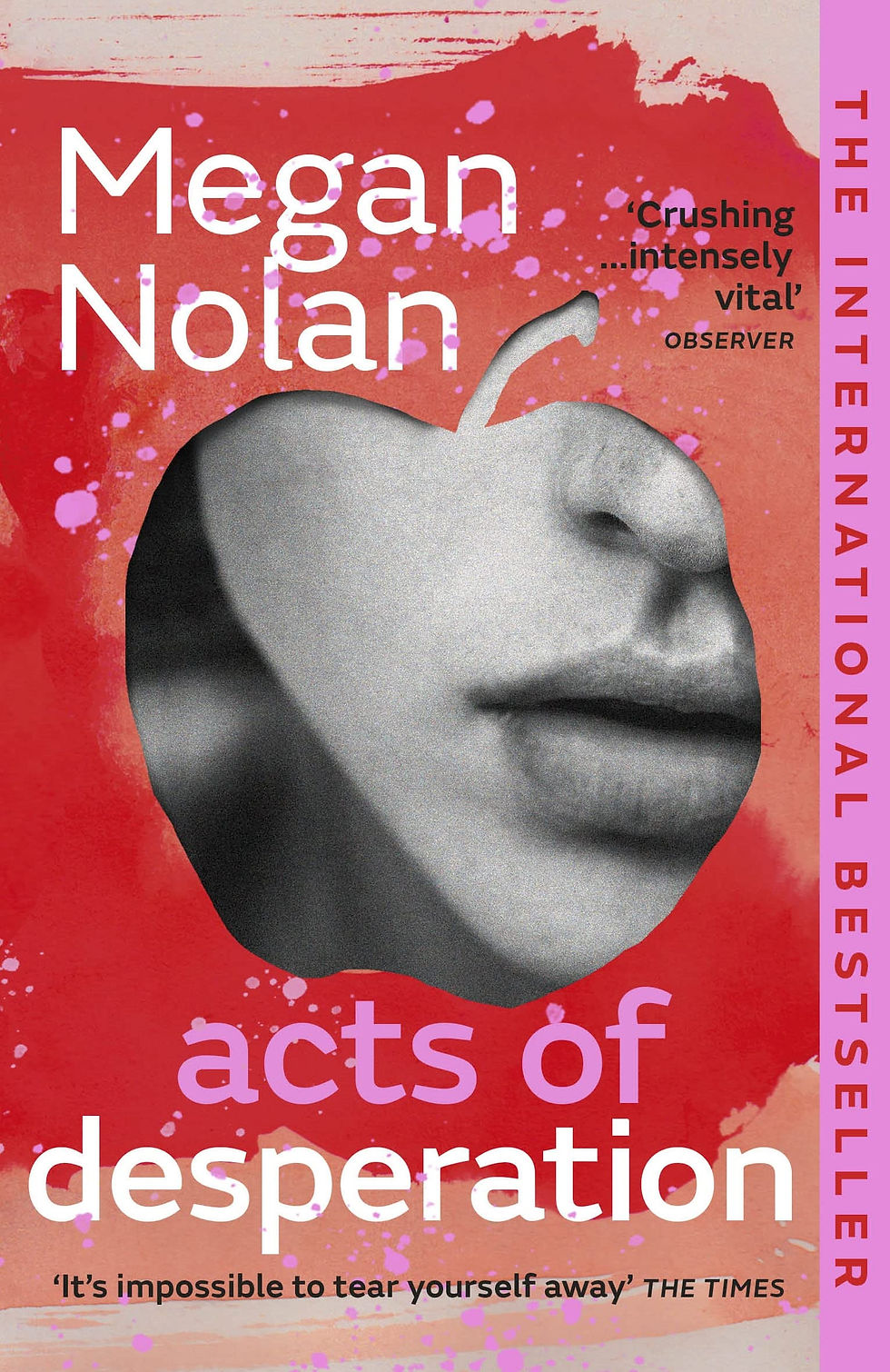Eroticism and Empowerment: Navigating Female Desire in Writing
- Neda Aria

- Jul 18, 2025
- 3 min read
Female desire has always been dangerous. That’s why history tried to police it, religion tried to shame it, and literature tried to erase it. When women do want—openly, irrationally, without consequence—they disturb the narrative. Because desire is power. And when it doesn’t ask for permission, it’s revolutionary.
But desire is also messy. It doesn’t always lead to freedom. It isn’t always feminist. And it rarely arrives looking like Lana Del Rey. In writing, eroticism becomes a battlefield. One where control, pleasure, vulnerability, and performance collide.
How we write women’s desire—who gets to want, how, and at what cost—tells us exactly how far we’ve come. Or how much we’re still pretending.

The Erotic as Power, Not Porn
Eroticism is not what we’ve been taught to fear or commodify. The erotic, in its truest form, is about presence. Aliveness. Truth. Audre Lorde said it best:
The erotic is a resource within each of us that lies in a deeply female and spiritual plane.
But in much of mainstream fiction, female sexuality is still either decorative or traumatic. It serves someone else. It sells something. And too often, it's reduced to porn with a plot—or worse, trauma packaged as kink. Erotic power is not about how sexy the scene is. It’s about who controls the narrative. When a woman owns her desire—even when that desire is dark, deviant, or contradictory—she becomes unapologetic, something literature still struggles to contain.
When I wrote my latest trilogy, Lust in Paris, I thought it's somehow diverging toward dark romance. So, I read a lot, wrote some articles about it. Then tried to redefine it as transgressive romance. But in the end, I learned that eroticism in this book and similar books is the architecture and not a decorative element. The fetish underworld in Lili's story, isn’t framed as empowerment fantasy. It’s a theatre of power where Lili performs, submits, controls, and falls. Her desire is never pure, never safe. But it’s hers. The club becomes her mirror: ritualistic, surreal, predatory, tender. There’s no redemption arc, no “finding herself” through sex. There’s only the refusal to be neat.
That refusal is what makes it feminist. Not the sex itself. But the audacity to not explain it.

Contemporary feminist fiction has started to reclaim the erotic, not to soften it, but to sharpen it. These authors understand that desire is not always empowering.
It’s complicated.
It wounds.
It can liberate and entrap at once.

Here are some examples:
Lisa Taddeo’s Animal which is a brutal excavation of female rage and sexual trauma. The protagonist, Joan, is unapologetically carnal and emotionally feral. Her desire is not for connection—it’s for obliteration.
Leila Slimani’s Adèle that is an elegant, disturbing portrayal of a woman addicted to anonymous sex. Her story isn’t framed as healing—it’s about compulsion and control.
In Raven Leilani’s Luster, desire is racialized, economic, uncomfortable. The protagonist experiments an open marriage and a collapsing life with an aching need just to feel something through sex.
Megan Nolan’s Acts of Desperation, a chilling and candid account of obsession, submission, and emotional masochism. It’s more like a confession.
These books don’t teach us how to want. They force us to confront the fact that we’ve never been allowed to.
Writing the Erotic Without Apology
To write eroticism well, a writer must abandon the male gaze, the marketable orgasm, the “empowered sex scene” checklist. Instead, we must sink into the discomfort.
Let women want stupid things.
Let them want things that hurt.
Let them want for no reason at all.
Let them be cringe and unlikable.
Desire doesn’t need to be explained. It needs to be respected.
Let the character crave what she shouldn’t.
Let her use her body as a shield or a weapon.
Let her be disloyal.
Let her forget herself inside someone else.
Let her do it all again tomorrow.
Let her be human in the rawest form.
That is the erotic. That is the truth.
So, in my opinion, eroticism in feminist writing isn’t about proving a point but to reclaim the right to complicate the story. Desire is political because it’s always been denied.
So let women want. Let them burn. Let them ruin things and call it love. Because, I believe, the moment a woman’s desire becomes literature without permission, she stops being a character.
She becomes a threat.



![The Evolution and History of Transgressive Fiction: From Ancient Texts to Modern Novels [Study Guide]](https://static.wixstatic.com/media/9f4dd3_84b45c24d0ea4f1fa4adef96cbcad67e~mv2.png/v1/fill/w_980,h_515,al_c,q_90,usm_0.66_1.00_0.01,enc_avif,quality_auto/9f4dd3_84b45c24d0ea4f1fa4adef96cbcad67e~mv2.png)
Comments